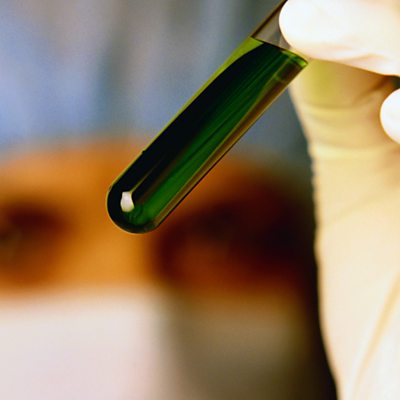Episode details

Radio 4,24 Jul 2014,43 mins
Available for over a year
Organ transplants are one of the triumphs of modern medicine. As the field has evolved, views on who can receive organs, and who can donate, have changed. Elizabeth and Kenny are expecting twins. While one baby looks healthy, the other has anencephaly, a lethal abnormality where the brain fails to develop. Babies with this condition either die in the womb, are stillborn or live for just seconds, minutes or hours after birth. It's possible to terminate the pregnancy of this twin, but the procedure could trigger a miscarriage in the healthy one. The couple decide to continue with the pregnancy of both twins - a healthy baby girl and a boy with anencephaly. As the pregnancy progresses, it's very emotional for the couple knowing that their little boy won't survive. However, they are keen to meet both babies and spend whatever precious time they might have with their son, before he dies. Early on in discussions about their son, the obstetrician raises the subject of organ donation. Elizabeth and Kenny are open to the idea. They feel it could enable some good to come out of their son's tragic situation and are keen to explore it further. Retrieving organs from children for transplant is rare, but it's particularly unusual from newborn babies. It's unheard of in those with anencephaly. Can Elizabeth and Kenny donate the organs of their newborn baby with anencephaly, after its death? To what lengths can a team go to enable transplantation to take place? Joan Bakewell and her panel discuss the issues. Producer: Beth Eastwood.
Programme Website